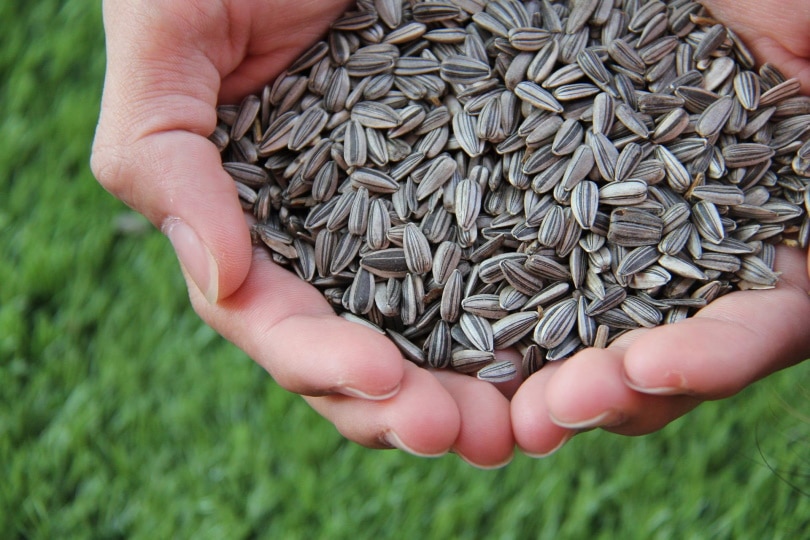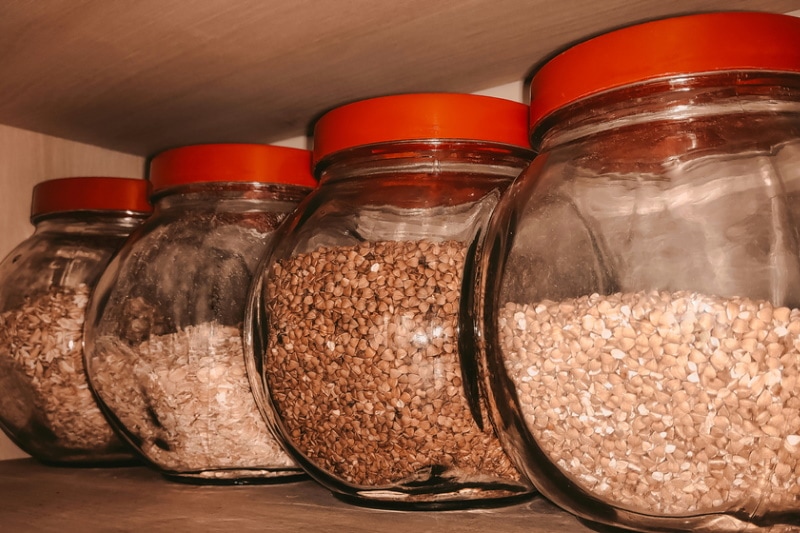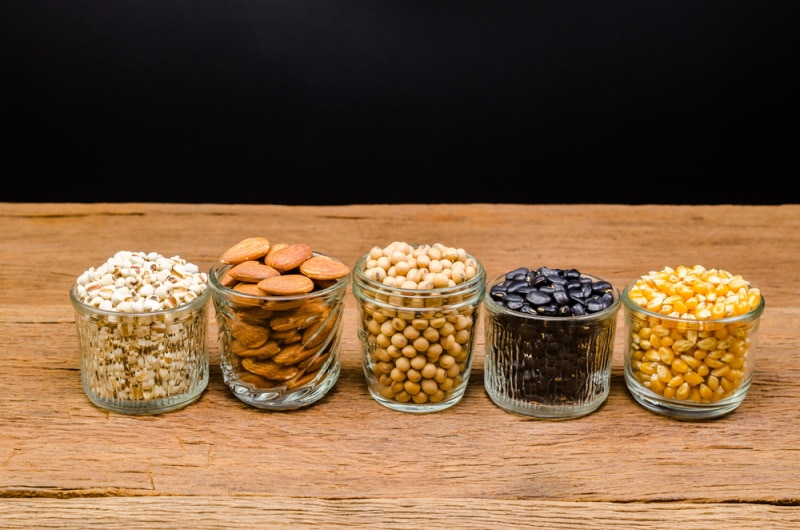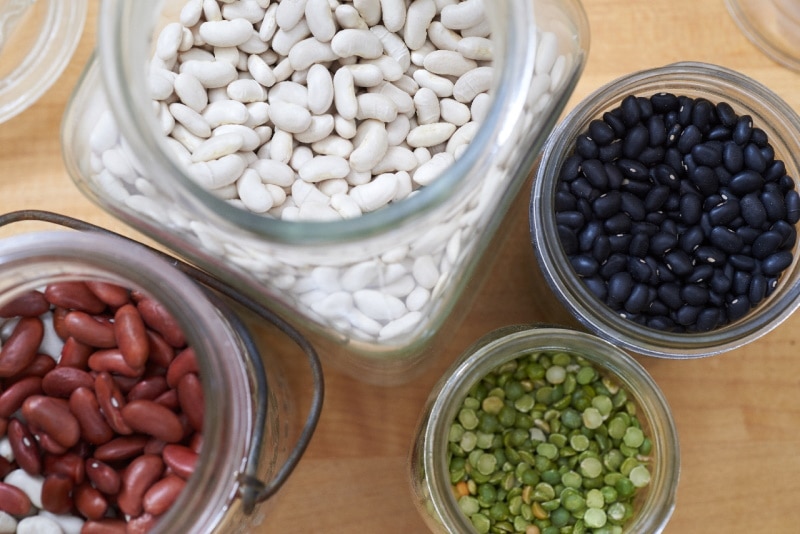How to Store Seeds — 5 Great Tips
-
Codee Chessher
- Last updated:

Gardening vets and newbies alike need seeds to grow their plants, whether you’re growing delicious fruits and veggies or simply ornamental plants. In the short term, seeds don’t really require any special storage, but over time they will deteriorate or go bad, meaning they won’t grow.
Dud seeds aren’t fun for anyone, so we’ve gathered the best tips you can use to keep your seeds in great shape—even if you won’t plant them any time soon. Let’s delve into those tips below in more detail.
The 5 Great Tips on How to Store Seeds
1. Keep Them Dry, Cool, and Dark

The method you use to store your seeds is much less important than maintaining the right conditions for seed storage. Because seeds use light, moisture, and heat to grow, you want to maintain the exact opposite conditions when storing them. That means the best conditions are cool, dark, and dry.
Many commercially sold seeds are already dried, but freshly harvested seeds will need to dry out before you can store them for any length of time. If you don’t, the moisture actually proves detrimental to the seed and can allow mold to grow. Place freshly harvested seeds on a sheet of newspaper and allow them to air dry for a week or so before storing them.
2. Label, Label, Label!
It can be easy to mix up different types of seeds, especially if you have a lot of types to store. The easiest way to keep them separated is to put them into paper envelopes and label the plant type and harvest date for future reference. Seeds typically start to go bad after a year or two, but some can last as long as 5 years or more.
Even if they’ve gone bad, many expired seeds will still grow. Some seeds that are thousands of years old have been known to germinate! The catch is that you’ll likely have to use a lot of dud seeds to find the ones that germinate. Because seeds are fairly plentiful, most people just throw out old seeds to avoid the hassle. We also recommend this approach to maintain a fresh supply of viable seeds.
3. Consider Mason Jars for Airtight Storage
For long-term seed storage, many people use mason jars because they’re airtight and transparent, which makes it easier to tell seeds apart at a glance. You can store a lot of seed packets or envelopes in a single jar, though you’ll have to devise a way to organize them. You may also add a desiccant, like the silica gel packets you find in beef jerky.
One efficient way is to sort seeds by their growing conditions. For example, put heat-loving peppers with tropical seeds for hot weather planting, or put cool-weather crops (i.e, broccoli, cauliflower, cabbage) together. Sorting jars by alphabetical order is a more traditional but also effective method.
4. Refrigerate or Freeze Seeds for Long-Term Storage
Seeds have a limited amount of stored energy that dissipates over time, and cooling them down slows the process and keeps them fresh for longer. Freezers or refrigerators are great places to store seeds if you have the space, but you must ensure the temperature remains consistent. Temperature variations can impact the long-term viability of your seeds.
You’ll have to use an airtight storage container to store your seeds in the fridge or freezer. Both of these areas have tons of moisture and will quickly spoil seeds if your container isn’t 100% airtight, so be careful!
Lastly, you’ll need to take certain steps when retrieving your refrigerated or frozen seeds to avoid hurting their viability. First, leave the sealed jar on a table overnight to prevent condensation that could ruin the seeds. Then you simply open the lid and expose them to air for a few days before planting to get them ready.
5. Determine Suitable Short-Term Storage Options

In the short term, there are myriad options at your fingertips for seed organization and storage. For seeds you expect to use soon, you don’t have to worry about refrigerating them. Airtight containers still help, but they’re not mandatory.
More important is how easily you can organize and find your seeds when you need them. Let’s check out some awesome short-term seed storage methods below.
- Pillboxes make excellent seed organizers for small quantities of different seeds.
- Filing cabinets are hard to come by but make the ultimate seed sorting system for large quantities of seeds.
- Photo albums can be converted into compact, portable seed binders.
- Ziplock bags are an affordable and airtight way to store seeds in both the short-term and long term.
Conclusion
Seeds are the future of the plant kingdom, and it’s important to store them in a dry, cool, and dark place. In ideal conditions, seeds generally last a year or two, but many seeds will remain viable at reduced rates for as long as 5 years. You can use various other methods to easily organize seeds in the short term.
See also: Are Mason Jars Microwave Safe? (Microwave Safety Tips)
Featured Image Credit: Natthapat Aphichayananthanakul, Pixabay
Contents


